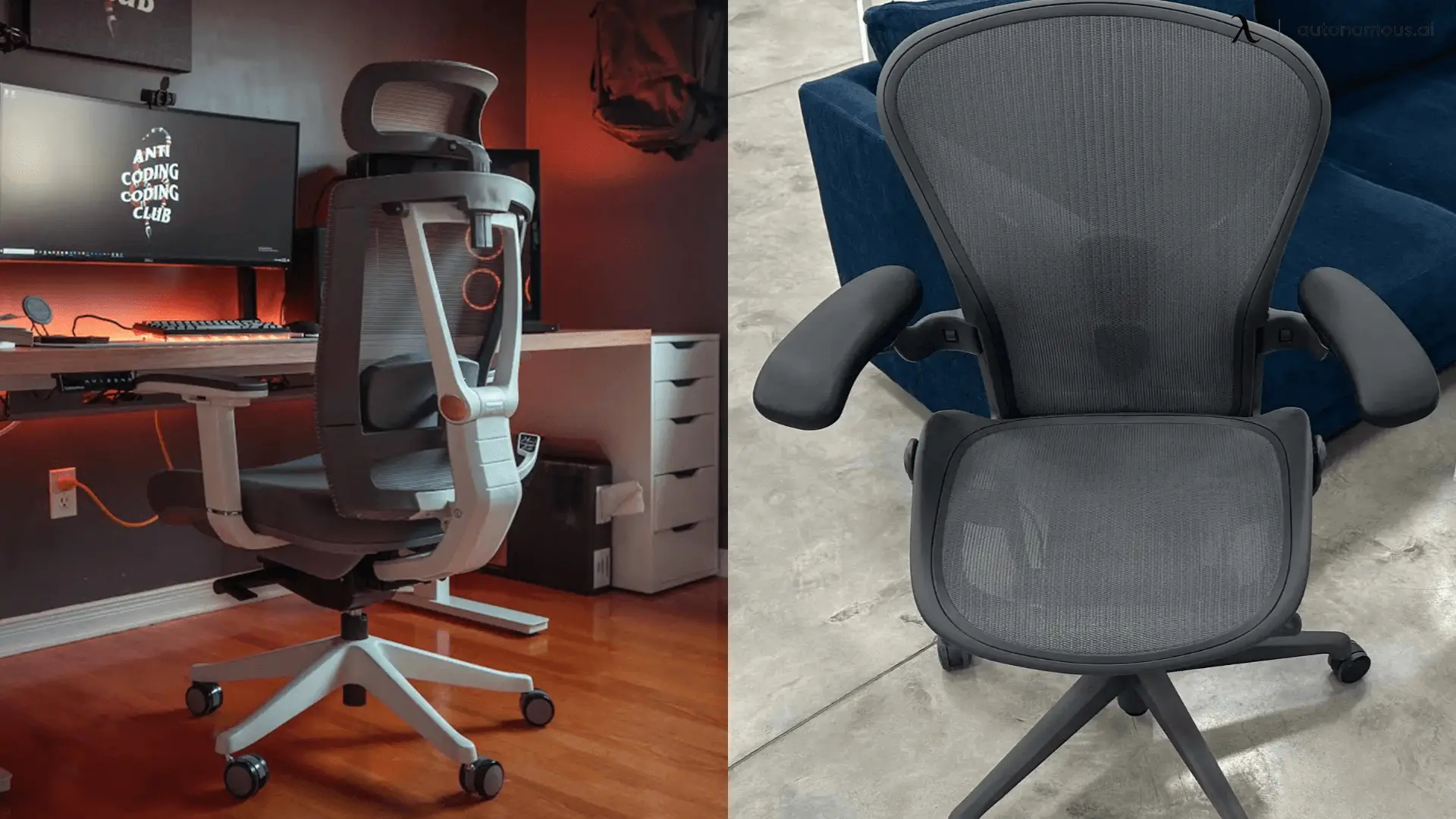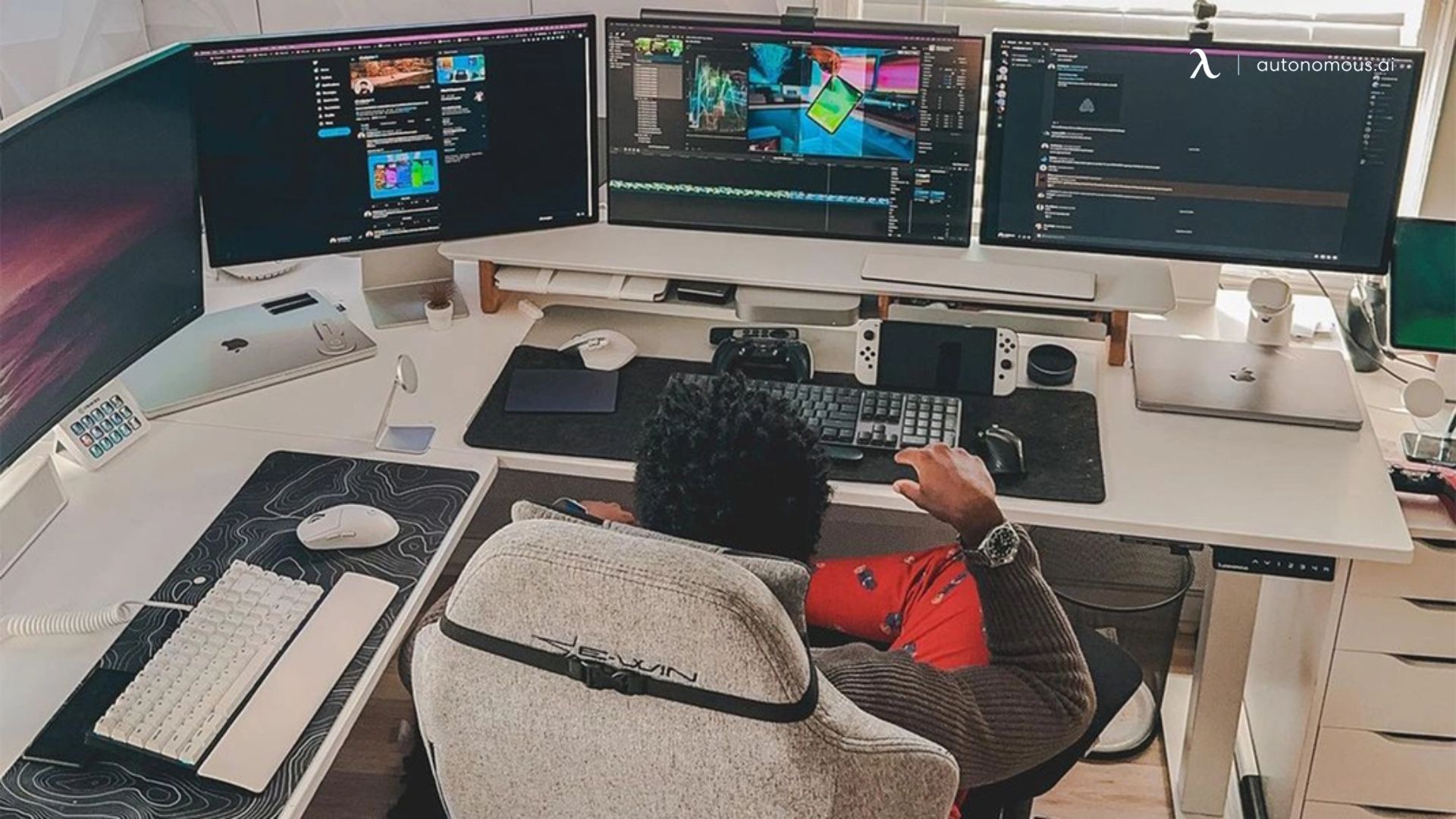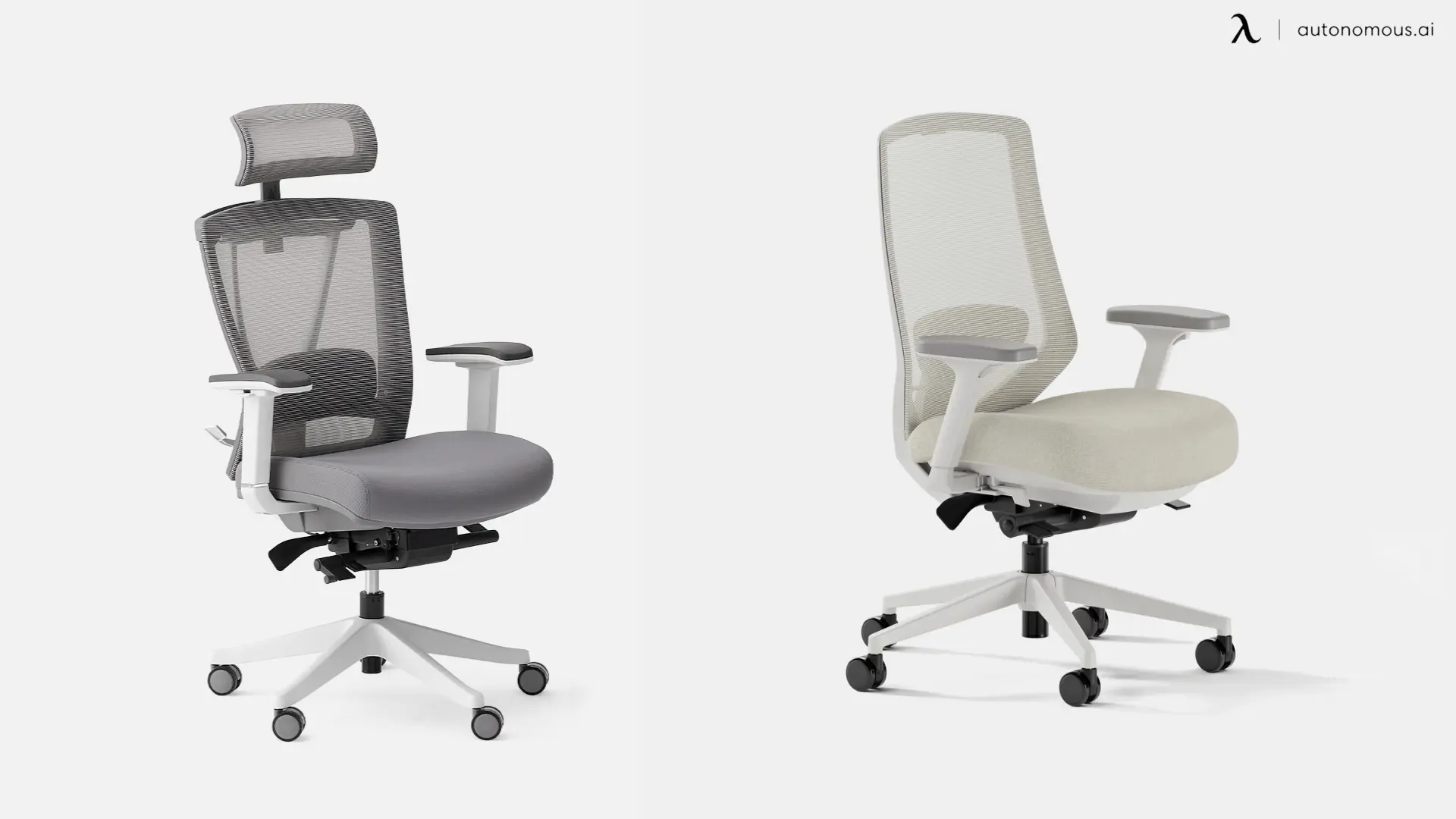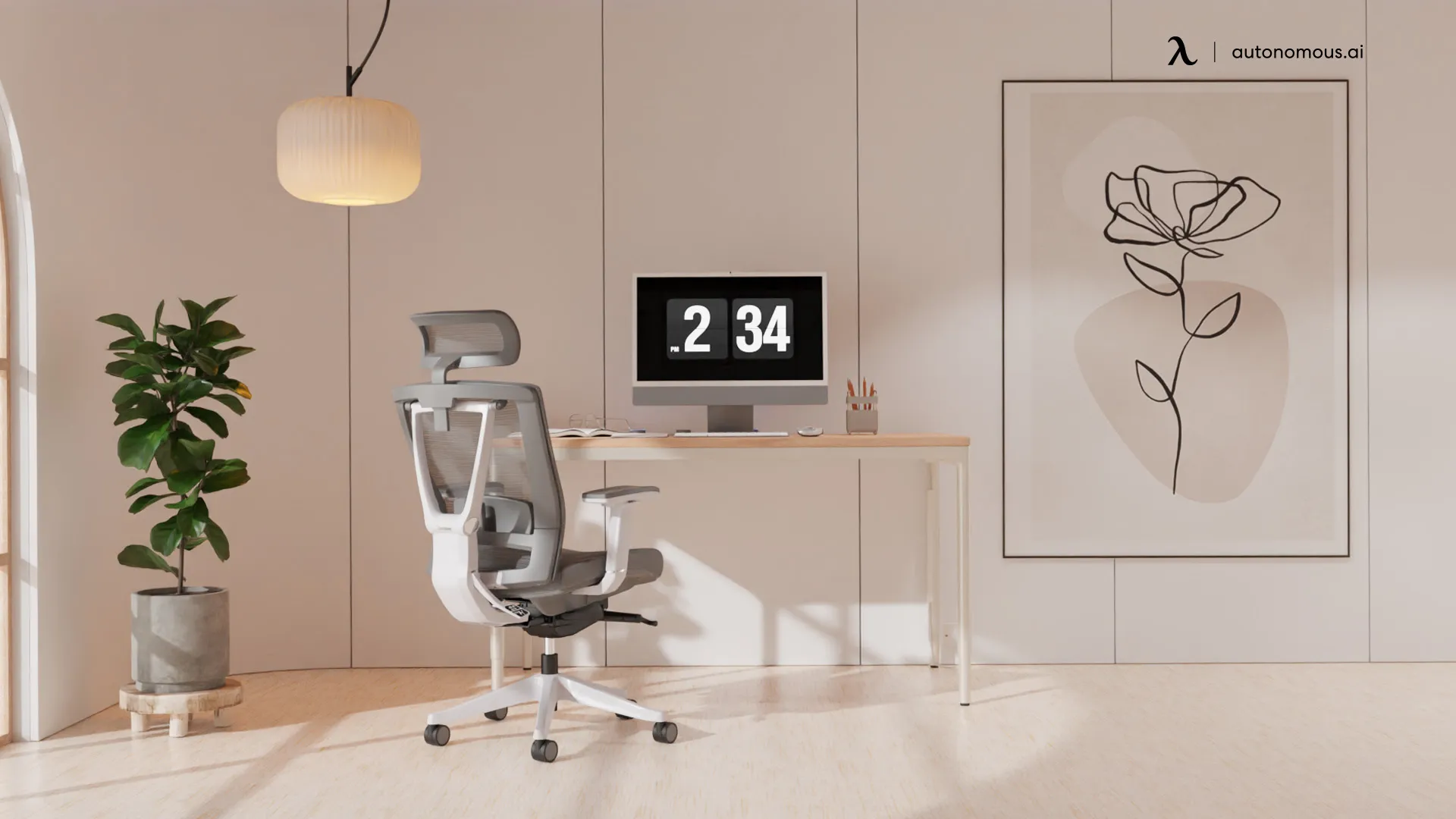- Newest
- Most viewed
Interested in a Link Placement?

32 vs. 34-Inch Monitor for Work: Which One Is Better?
Debating between a 32 vs. 34-inch monitor for work? This guide compares resolution, aspect ratio, multitasking, ergonomics, and value to help you choose the best option for productivity.
Smart Products | Mar 17, 2025 510 views

Autonomous ErgoChair Pro vs. Herman Miller Aeron: Which One Is Right for You?
Smart Products | Mar 15, 2025 572 views

Calorie Expenditure: Meaning, Calculation & How to Burn More Calories
Work Wellness | Mar 14, 2025 1,393 views

Monitor vs. TV for Computer Work: Which One Should You Choose?
Productivity | Mar 13, 2025 806 views

How to Lose Weight While Working: Ways to Stay Active at Work
Work Wellness | Mar 12, 2025 978 views

Autonomous ErgoChair Pro vs. Branch Ergonomic Chair Pro
Smart Products | Mar 11, 2025 1,204 views

10x12 Office Shed: The Perfect Backyard Workspace for Productivity
Workplace Inspiration | Mar 5, 2025 1,794 views

Best St. Patrick’s Day Office Gifts to Bring Luck and Cheer to the Workplace
Latest Updates | Mar 6, 2025 876 views

St. Patrick’s Day Office Furniture Sale 2025
Latest Updates | Mar 4, 2025 1,040 views

Prefab ADU in Virginia: Regulations & Smart Alternatives
Smart Products | Feb 27, 2025 1,766 views

Best Coworking Spaces in Dallas for Remote Workers
Remote Working | Feb 26, 2025 1,726 views

ADU Tax Deductions in California
Workplace Inspiration | Feb 25, 2025 1,951 views
